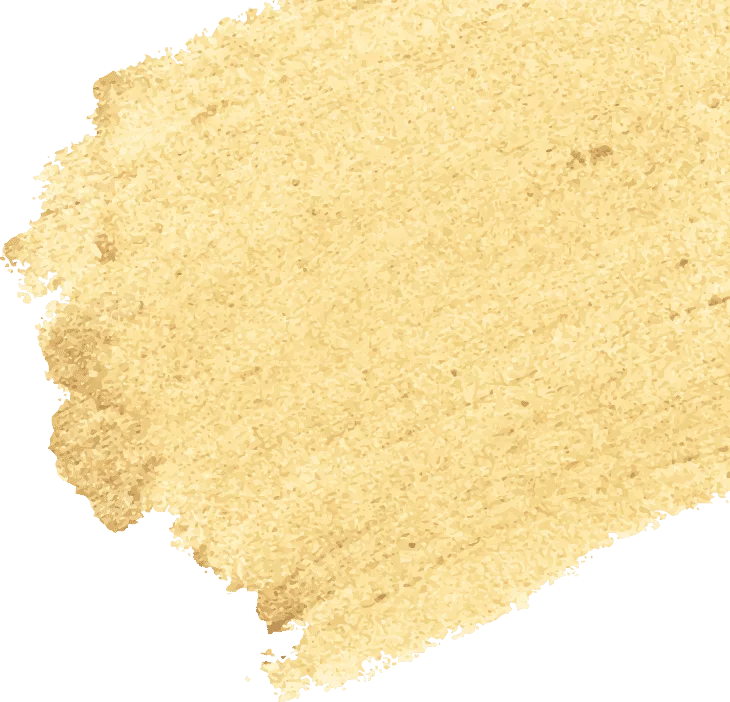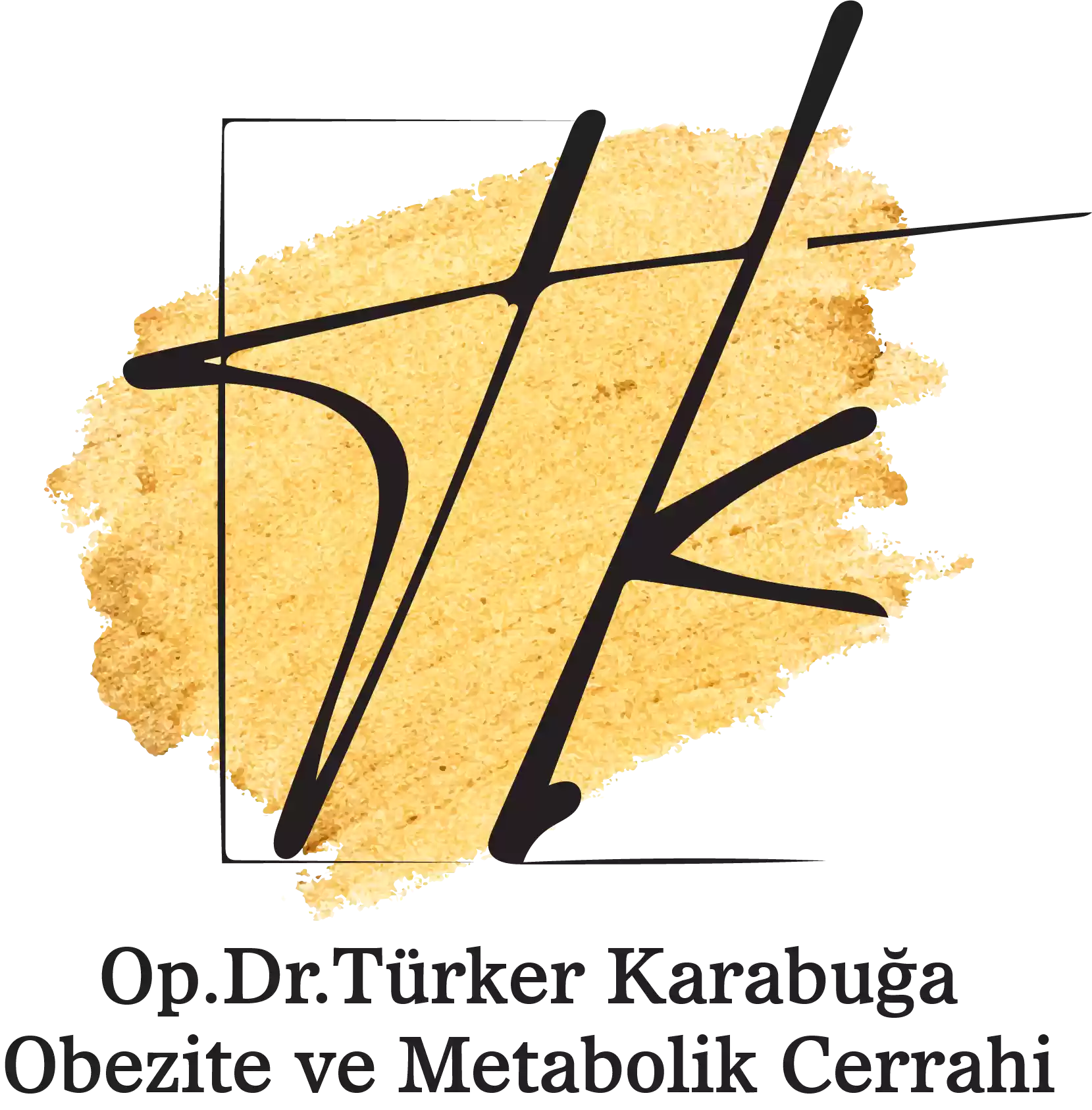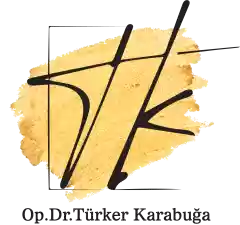After bariatric surgery, as the stomach volume shrinks, it should be fed less and at frequent intervals. For this reason, not taking food and fluids during fasting in the first year after the operation may hinder the weight loss process of the individual and will not be good for his/her health. In addition, prolonged fasting may cause health problems such as low blood pressure and hypoglycemia. Suddenly starting to eat after prolonged fasting can cause stomach cramps and nausea. Fluid-electrolyte balance is disrupted, metabolism slows down and Dumping Syndrome may be observed especially in patients with gastric sleeve who fast unconsciously with traditional cholesterol and carbohydrate rich Ramadan feasts.
Changing eating behaviors and risk of malnutrition:
- Changing eating behaviors and risk of malnutrition: After bariatric surgery, we generally recommend that patients eat small and frequent meals, eat slowly, chew thoroughly, observe solid-liquid separation and stop when they feel full. However, prolonged fasting can make you want to eat faster and in larger bites after breaking the fast. This can cause stomach discomfort, nausea and vomiting, leading to dehydration, malnutrition and possible vitamin and mineral deficiencies.
Fasting and Dehydration:
- Dehydration: In 2024, Ramadan days coinciding with cold weather, although it sounds pleasant to suppress the hunger experienced throughout the day with hot drinks such as tea/coffee; caffeine increases water excretion from the body and causes the body to dehydrate. I recommend drinking at least 1.5-2 liters of fluid throughout the day following bariatric surgery to stay hydrated and help prevent constipation. Water consumption after bariatric surgery should be sip by sip and waiting between sips. Restricting the time of water consumption during Ramadan will increase the risk of dehydration in patients. On the one hand, since fluid intake is restricted 30 minutes before and after solid meals by following the solid-liquid distinction, alarms should be installed to remind water consumption if necessary.
Fasting and Dumping Syndrome:
- Dumping Syndrome: Patients after bariatric surgery are at higher risk of dumping syndrome and/or diarrhea due to fasting habits and consumption of traditional foods such as sugary desserts/deep-fried foods due to prolonged fasting during iftar. Patients with gastric sleeve should fill their plates according to their portions and start consuming protein with priority during Ramadan feasts outside or at invitations. In order to avoid Dumping Syndrome, the meal should be started with water and soup while fasting and wait at least 30 minutes before moving on to the main meal.
Fasting and Vitamin & Mineral Deficiencies
- Vitamin and mineral deficiencies: After bariatric surgery, patients are advised to take vitamins and minerals regularly at appropriate intervals throughout the day. One of the challenges of Ramadan is that the reduced stomach capacity makes it difficult to take all the recommended vitamins and minerals in a short period of time and to take them at adequate intervals, which may cause some deficiencies
Fasting and Hypoglycemia:
- Hypoglycemia: The risk of hypoglycemia (low blood sugar level) increases when fasting for a long time (more than 10 hours) between sahur and iftar.
For these reasons; I do not recommend my patients to fast for 1 year after bariatric surgery. For patients who want to fast in the postoperative period, I recommend that they follow the recommendations I will mention.
When the patient completes 1 year after the operation and reaches his ideal weight, there is no harm in fasting if he does not have any comorbidities that prevent him from fasting. Of course, he/she should pay attention to his/her nutrition and take regular meals and get enough protein and energy. In addition, fluid consumption becomes more important to avoid dehydration, especially during Ramadan.
Things to Consider from Iftar to Sahur
WATER CONSUMPTION SHOULD BE DONE BY FOLLOWING THE SOLID-LIQUID DISTINCTION FROM IFTAR TO SAHUR, AND THE THIRST THAT THE BODY IS EXPOSED TO THROUGHOUT THE DAY SHOULD BE QUENCHED.
- Patients who fast especially in hot weather lose minerals and electrolytes due to thirst and sweating throughout the day. For this reason, 1 bottle of mineral water should be mixed with 1 liter of the water you drink between iftar and sahur and the lost minerals should be replaced.
- At least 2.5 liters of water should be consumed daily, and excessive consumption of diuretic liquids such as tea/coffee should be avoided while water consumption time is restricted.
- You should open iftar with water and drink water in small sips and slowly, as sudden fluid intake into the stomach, which has been empty for a long time, may cause cramps and nausea.
- Main meals should be divided into two, and large portions should not be eaten suddenly. Start the meal with soup and water and do not suddenly send solid food to the stomach that has been empty for a long time.
- Let's not forget the golden rule of chewing thoroughly, waiting between bites and consuming slowly.
- In order to prevent reflux after iftar, you should not lie down and take a walk to both relieve digestion and increase physical activity.
- Do not neglect to take your vitamin and mineral supplements under doctor's supervision.
You can access our sample diet list for Iftar, post-Iftar snacks and Sahur from the link: “Diet List for Ramadan after Obesity Surgery”










